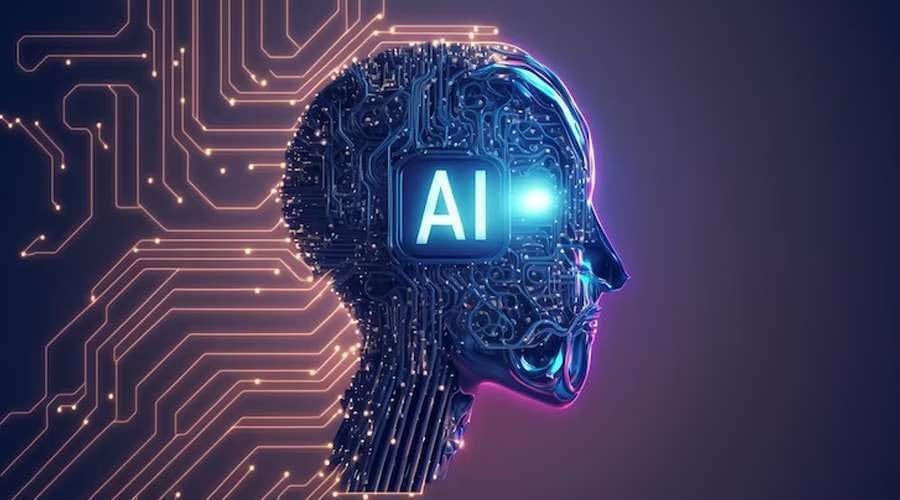By Suresh Kumar
Future Of Ai
As we step into 2024, the world of artificial intelligence (AI) continues to evolve at a rapid pace. From multimodal chatbots to customized AI models, here are the trends that will shape the future of AI:
1. Customized Chatbots: A Personalized Touch
In 2024, tech giants like Google and OpenAI are shifting their focus toward user-friendly platforms. These platforms allow individuals to create their own mini chatbots tailored to specific needs—without requiring any coding skills. Imagine having a chatbot that understands your unique requirements, whether you’re a real estate agent, a student, or a small business owner.
Both Google and OpenAI have launched web-based tools that democratize generative AI. These tools empower users to fine-tune language models, process text, images, and even videos. For instance, a real estate agent can upload previous listing descriptions, tweak a powerful model, and generate customized property descriptions effortlessly. The era of accessible AI is upon us, and millions of little AI models are set to emerge.
2. Multimodal AI: Beyond Text
State-of-the-art AI models, such as GPT-4 and Gemini, are no longer confined to processing text alone. They can seamlessly handle images and videos as well. This newfound capability opens up exciting possibilities for applications across various domains. Imagine an AI system that not only understands natural language but also interprets visual content. From medical diagnostics to creative content generation, multimodal AI will revolutionize how we interact with technology.
3. Regulation and Ethical Considerations
As AI becomes more pervasive, regulators are stepping up their efforts. In 2024, we anticipate bolder regulations addressing bias, privacy, and transparency. Policymakers worldwide are keen on ensuring responsible AI deployment. The European Union’s AI Act and President Biden’s executive order are just the beginning. Researchers, industry leaders, and the public will engage in ongoing discussions about AI’s impact on society and the need for ethical guidelines.
4. AI in Drug Discovery: A Game-Changer
While it’s too early to declare victory, AI is making significant strides in drug discovery. Researchers are leveraging machine learning algorithms to accelerate the identification of potential drug candidates. As AI models analyze vast datasets, they uncover novel compounds and predict their effectiveness. In the coming years, we may witness groundbreaking drugs developed with the aid of AI. The intersection of biology, chemistry, and AI promises to transform healthcare and save lives.
In summary,
the future of AI is multifaceted. It’s not just about bigger language models; it’s about customization, multimodality, ethics, and scientific breakthroughs. As we navigate this AI-driven landscape, let’s remain curious, critical, and committed to shaping a future where AI benefits all of humanity.
About Artificial Intelligence { Ai }
Artificial Intelligence is a groundbreaking technology in the field of computer science. The term “artificial” implies man-made, while “intelligence” refers to the ability to think and make decisions. Essentially, AI involves creating machines, such as computers, that can autonomously analyze data, learn from patterns, and make informed choices. These intelligent systems can perform tasks like natural language processing, image recognition, and problem-solving. AI has far-reaching applications, from enhancing productivity in various industries to revolutionizing healthcare, transportation, and communication. As we continue to advance in AI research, its impact on our daily lives will only grow.
Read more about our six big questions for generative AI here.
Sources:

